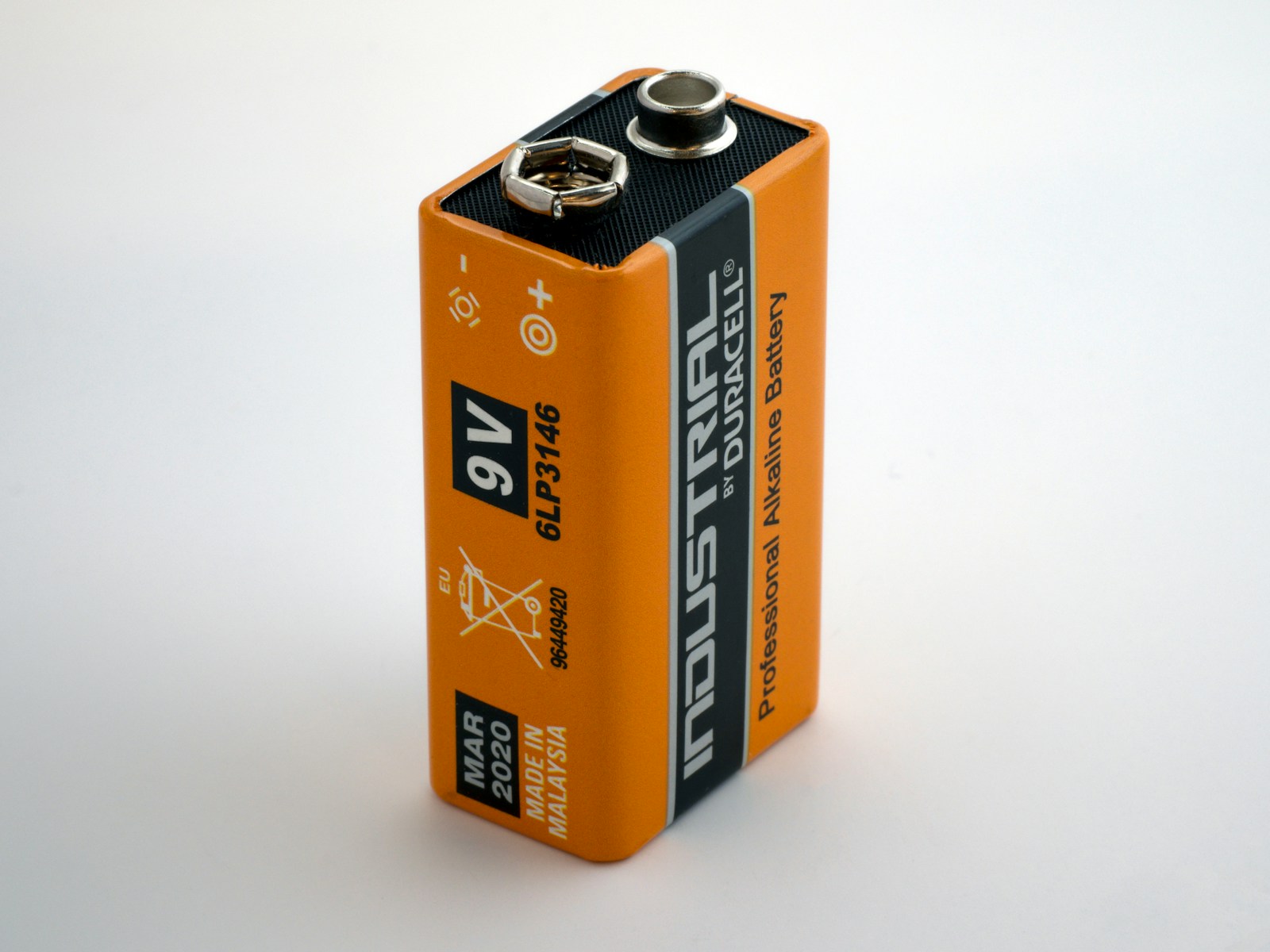When discussing the capacity of a battery, we often use the term milliampere-hour, abbreviated as mAh. It is a unit used to measure how much electrical charge a battery can store. To explain it further, think of it as a fuel tank in a car, but for electric energy. The larger the number of mAh, the more electric charge a battery can hold. The capacity of a battery is crucial because it determines how long it can operate before it requires recharging.
For instance, a battery with a capacity of 3000 mAh can provide 3 amps of current for an hour. If a device requires less energy, let’s say 1.5 amps, the same battery could last for two hours. Understanding mAh assists users in determining how long their devices can operate on a single charge. It also facilitates the comparison of batteries based on their power storage, allowing users to choose the right battery for their needs. A simple numerical value can make significant decisions much easier.
Demystifying mAh: A Key to Understanding Battery Power
You’ve likely seen the term “mAh” on batteries, power banks, and even your phone’s specs. But what does it actually mean and why does it matter? Let’s break it down.
Milliampere-Hour (mAh): A Measure of Capacity
mAh stands for milliampere-hour. It’s a unit that quantifies the amount of electric charge a battery can store. In simpler terms, think of it as the size of your battery’s “fuel tank.” The higher the mAh rating, the more energy the battery can hold and the longer it can power your device.
How mAh Works
To understand mAh, let’s break it down:
- Milliampere (mA): A measure of electrical current.
- Hour (h): A measure of time.
Together, mAh indicates how long a battery can sustain a specific current output. For example, a 2000 mAh battery could, in theory, provide 2000 milliamps of current for one hour, or 1000 milliamps for two hours.
The Real-World Impact
Here’s a table illustrating how mAh affects battery life in different devices:
| Device | Typical mAh Range | Approximate Usage Time |
|---|---|---|
| Smartphone | 3000 – 5000 mAh | 1-2 days of typical use |
| Tablet | 5000 – 10000 mAh | Several hours of continuous use |
| Laptop | 4000 – 10000 mAh | Varies greatly depending on tasks |
| Power Bank | 5000 – 20000 mAh | Multiple charges for smartphones/tablets |
Important Note: These are rough estimates. Actual battery life varies based on factors like screen brightness, usage intensity, background apps, and overall device efficiency.
Beyond mAh: Other Factors
While mAh is a good starting point, it’s not the sole indicator of battery performance. Consider these additional factors:
- Voltage (V): The electrical potential difference. Together with mAh, it determines overall power capacity (measured in watt-hours – Wh).
- Efficiency: How well the device uses the stored energy.
- Charging Speed: How quickly the battery can be replenished.
Choosing the Right mAh for You
The ideal mAh for your device depends on your usage patterns. If you’re a heavy user, prioritize a higher mAh rating for longer battery life. If portability is key, a lower mAh might suffice.
Remember, mAh is just one piece of the puzzle. Always research and compare different products to find the best battery solution for your needs.
Understanding Milliampere Hours
This section talks about mAh. It is a key term for understanding battery life and capacity.
Definition of mAh
mAh stands for milliampere-hour. This unit measures how much electric charge a battery can hold. One mAh means a battery can give one milliampere of current for one hour. A single milliampere is one thousandth of an ampere. So, 1000 mAh is equal to one ampere-hour (Ah).
Significance in Battery Capacity
The mAh of a battery tells you its capacity. It helps you know how long a device can run before the battery needs a recharge. Devices with bigger mAh numbers can usually go longer. Most small batteries, like the ones in smartphones, use lithium-ion and are measured in mAh. A battery with 3000 mAh can last three times as long as one with 1000 mAh, all else being equal.
Measurement and Conversion
It is key to know how long a battery can last and how to compare its energy to others. This section breaks down how to calculate a battery’s life and convert its capacity into different units.
Calculating Battery Life
To find out how long a battery will last, use the mAh value. This is a unit called milliampere-hour. One mAh means a battery can give one milliampere for one hour. A bigger mAh number means a longer battery life. For example, a phone battery with 3000 mAh can give 3 amperes for one hour or 1.5 amperes for two hours. If a device needs more current, the battery will run out faster.
mAh to Wh Conversion
Sometimes, it’s useful to know a battery’s energy in watt-hours (Wh). To change mAh to Wh, you need to know the voltage of the battery. Here’s the formula:
E (Wh) = Q (mAh) × V (Voltage) ÷ 1000
Use bold for the formula so it stands out. Let’s make a table to show an example conversion:
| mAh | Voltage (V) | Wh |
|---|---|---|
| 1000 | 5 | 5 |
This table means a 1000 mAh battery at 5 volts is equal to 5 Wh. This conversion helps compare batteries of different types. It is like changing inches to centimeters so you can compare lengths in one unit. Wh tells us the total energy a battery has. This is useful for all kinds of devices like smartphones and laptops.
To make sure the battery suits the device, check the voltage and then convert. Simple, right?
Frequently Asked Questions
This section answers common questions about milliampere hour (mAh) and how it relates to battery life.
How does the mAh rating impact the duration a battery will last?
The mAh rating tells you how long a battery can last. A battery with more mAh can last longer. This is because it has more energy stored.
In terms of usage, what’s the difference between a 4500mAh battery and a 5000mAh battery?
A 5000mAh battery holds more energy than a 4500mAh battery. It means a device with a 5000mAh battery may run longer than one with a 4500mAh battery before it needs a charge.
Can you explain how battery capacity affects device performance?
Battery capacity does not boost how well a device performs. But it can make a device run longer before it needs to charge again.
What should be considered when comparing mAh ratings of lithium-ion batteries?
When looking at mAh ratings, remember that a higher number means more energy storage. You also should think about battery size, weight, and the device’s power needs.
How is the milliampere hour specification relevant to rechargeable batteries?
The milliampere hour spec is key for rechargeable batteries. It shows how much power they can store and give to a device over time.
Does a battery with a higher mAh rating signify a longer battery life?
A higher mAh rating often means a longer battery life. But real battery life can change based on how you use the device.







